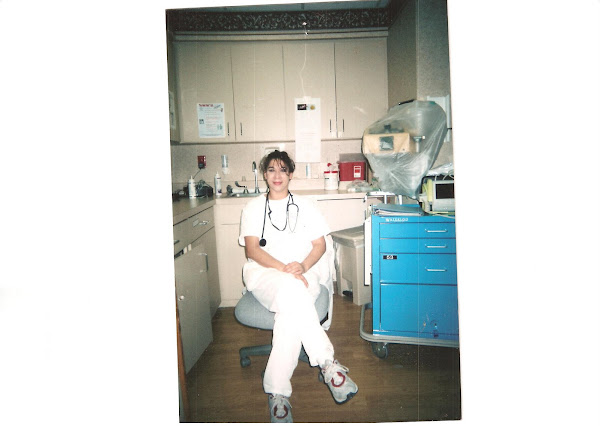LEAH
(Le´ah) [possibly related to an Akkadian word meaning "cow," or to an Arabic word meaning "wild cow"].
The older daughter of Laban, the grandnephew of Abraham. Laban was the brother of Rebekah, Jacob’s mother, so Leah was Jacob’s cousin. (Ge 22:20-23; 24:24, 29; 29:16) Leah was not as beautiful as her younger sister Rachel; it especially was noted that her eyes lacked luster, or were dull (weak). (Ge 29:17) In the case of Oriental women, bright or lustrous eyes especially are considered to be an evidence of beauty.—Compare Ca 1:15; 4:9; 7:4.
Leah became Jacob’s first wife because, at night, Laban deceived Jacob by giving him Leah as a wife instead of Rachel, whom Jacob loved. Jacob protested his being tricked, but Laban argued that it was not the custom of the place to give the younger daughter in marriage before the firstborn. Leah likely was veiled, in keeping with the ancient Oriental custom of heavily veiling a prospective bride, and this doubtless contributed to the success of the ruse. Jacob had served seven years with Rachel in mind, but for this work he received Leah. Rachel was granted to him after he celebrated a week of seven days with Leah, but Jacob had to work seven more years to pay for Rachel.—Ge 29:18-28.
The account tells us that Leah was "hated." (Ge 29:31, 33) But it also recounts that, after he had finally got Rachel, Jacob "expressed more love for Rachel than for Leah." (Ge 29:30) Undoubtedly Jacob did not hold malicious hatred for Leah but viewed Rachel more lovingly, as his favorite wife. He continued to care for Leah and to have relations with her. Leah’s being "hated," therefore, would merely mean that Jacob loved her less than Rachel.—See HATE.
Leah became the mother of seven of Jacob’s children, his six sons Reuben, Simeon, Levi, Judah, Issachar, and Zebulun and a daughter, Dinah. (Ge 29:32-35; 30:16-21) Accordingly, Leah is named at Ruth 4:11 along with Rachel as one of those who "built the house of Israel." Leah had the honor of having borne Levi, who became the founder of Israel’s priestly tribe, and Judah, who became the father of the nation’s royal tribe.
Leah and her children accompanied Jacob when he left Paddan-aram and returned to Canaan, the land of his birth. (Ge 31:11-18) Before Jacob met Esau en route, he protectively divided off the children to Leah and to Rachel and their maidservants, putting the maidservants and their children foremost, followed by Leah and her children, with Rachel and Joseph to their rear. (Ge 33:1-7) Leah’s children accompanied Jacob into Egypt, but the Bible account does not say that she did so. (Ge 46:15) The time, place, and circumstances of her death are not furnished, but she may have died in Canaan. Whatever the case, the patriarch had her body taken to the family burial place, the cave in the field of Machpelah. Jacob’s instructions respecting his own remains show that it was his desire to be buried where Abraham and Sarah, Isaac and Rebekah, and Leah had been buried.—Ge 49:29-32.
Subscribe to:
Post Comments (Atom)



No comments:
Post a Comment